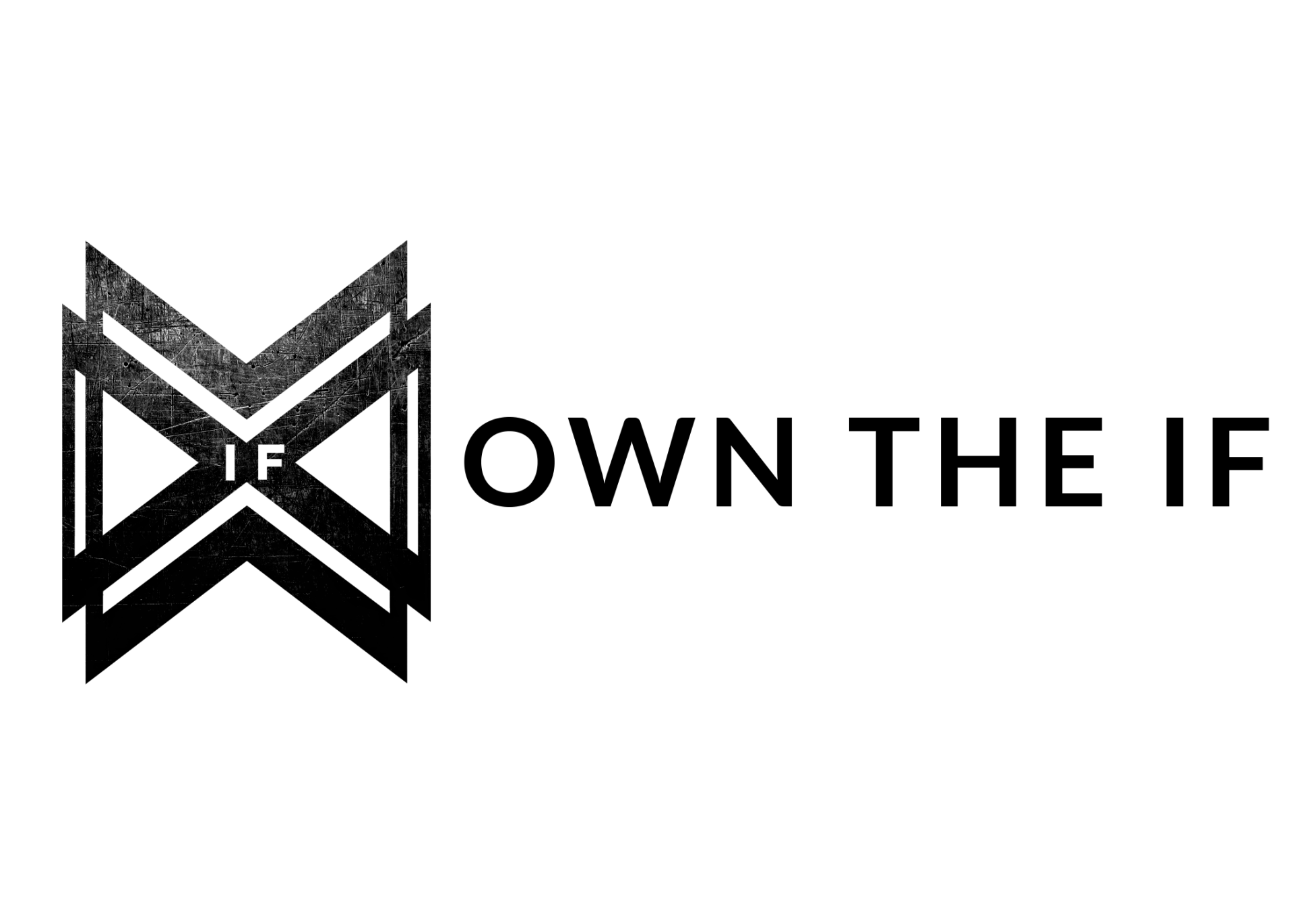The pursuit of new habits or projects often starts with the hope of effortlessly mastering them, expecting a smooth journey without any disruptions. However, life has a way of throwing unexpected curveballs that derail our plans and cause our efforts to falter. Whether it’s travel, illness, or other disruptions, they can shake our routines and leave us feeling disheartened.
As an experienced coach, I’ve come to understand that habits and projects can be messy endeavors. We may initially excel at building and maintaining a few habits or make remarkable progress in a new project, only to see everything unravel when life intervenes. This experience can be incredibly discouraging, leading us to question our abilities and lose sight of our goals.
However, the problem lies not in the disruptions themselves or our ability to avoid them but in our hope for a flawlessly smooth journey. We are all guilty of this, myself included, so it's crucial for us to acknowledge that life is inherently unpredictable, progress rarely follows a linear path, and disruptions are unavoidable. Instead of holding onto unrealistic expectations, we must confront the reality of our lives head-on. This is generally easier said than done.
So why is the ability to start over a super skill? A study on the relationship between setbacks and self-regulation in the Netherlands stated:
By developing the invaluable ability to start again, we gain the capacity to enhance our resilience, reduce unnecessary stress, and harness our potential to overcome obstacles, propelling us towards our desired goals. From there we become adept at adapting and reinventing ourselves, liberated from the misconception of a flawless journey. New beginnings provide the opportunity to gain knowledge, develop, and advance towards our aspirations, adeptly maneuvering through the intricate hurdles that life presents us.
You may be asking "how can I improve my ability to start over?" It begins with recognizing disruptions as inevitable and deliberately practicing the art of restarting.
Here’s a helpful method to follow:
- Notice the disruption and any tendency to be harsh or resentful. Instead, embrace the metaphor of life as an uncontrollable river and adapt to its constant changes. Flow with the present circumstances and let go of resistance.
- Remind yourself why you started.
- Ask yourself “Where do I have a measure of control, influence, or leverage in this situation?” This helps release negative feelings and activate personal empowerment.
- Release past mistakes and focus on starting again, just as you did when you first began. Take the tiniest step forward, embracing the notion that progress is made one small action at a time.
- Learn from previous attempts, if applicable. Adjust your approach to overcome obstacles you faced, whether through research, seeking guidance, or continuously improving your method. Stay open to discovering new solutions and refining your approach.
Remember, practice releasing disruptions, adapting to change, and taking action to start again. Don’t let setbacks overwhelm you—welcome them as part of the journey. Embrace the reality that interruptions happen, and through repetition, you can become skilled at the art of starting over.


